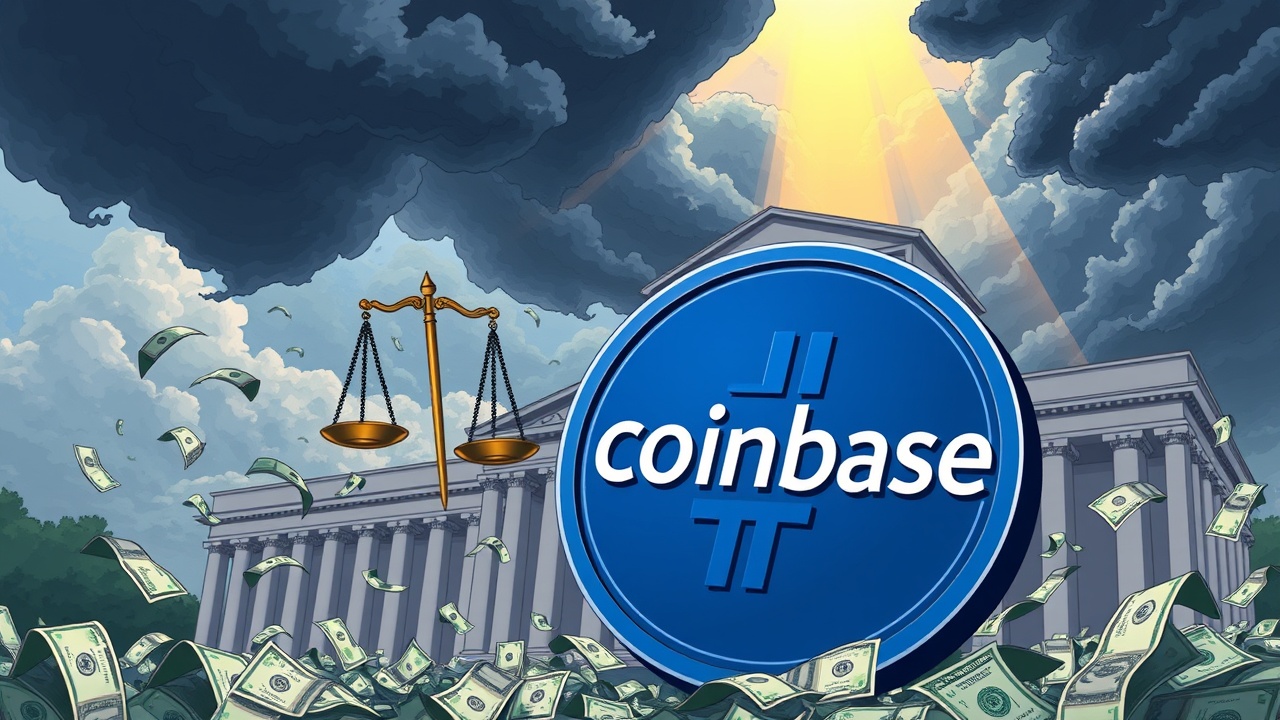Overview of the Legal Battle
In a recent update regarding a case involving the Freedom of Information Act (FOIA), Paul Grewal, Coinbase’s Chief Legal Officer, shed light on the ongoing legal battle with the Federal Deposit Insurance Corporation (FDIC). Coinbase has vigorously opposed the FDIC’s request to dismiss the lawsuit, revealing that it has filed a brief contesting this motion.
Origins of the Lawsuit
The origins of the lawsuit go back to 2024 when Coinbase initiated legal action against both the U.S. Securities and Exchange Commission (SEC) and the FDIC. The cryptocurrency exchange accused these regulatory bodies of strategically sidelining crypto companies, a campaign often referred to as Operation Chokepoint 2.0.
Coinbase’s Claims Against the FDIC
In the most recent submission, Coinbase expressed frustration with the FDIC’s lack of cooperation, claiming that the agency is effectively obstructing their attempts to access crucial documents. These documents are believed to be instrumental in uncovering the regulatory measures taken against the cryptocurrency industry during the prior administration. Coinbase’s brief emphasized that the FDIC’s current behavior constitutes a refusal to comply with FOIA stipulations.
Coinbase has expanded its legal efforts by seeking further discovery from the FDIC, specifically inquiring into the agency’s practices regarding FOIA requests. This includes questioning the rationale behind the FDIC’s invocation of Exemption 8 to withhold certain documents, as well as the failure to produce correspondence sent to individuals who made FOIA requests.
Transparency and Accountability
The crux of Coinbase’s argument is that the FDIC’s unwillingness to release unaltered documents contravenes the transparency principles inherent to the FOIA. Coinbase insists that comprehensive disclosure is vital not merely to illuminate previous actions but also to curb potential future regulatory overreach and ensure accountability among federal agencies.
Recent Developments for Coinbase
Coinbase’s latest legal maneuvers come alongside a wave of positive developments for the exchange. Recently, the company announced a collaboration with JPMorgan that will enable customers to use Chase Ultimate Rewards Points to redeem USDC on the Coinbase platform, an initiative set to roll out in 2026. Additionally, Coinbase Derivatives plans to introduce nano perpetual-style futures for prominent cryptocurrencies, XRP and Solana (SOL), starting August 18. Unlike standard futures that have set expiration dates, these new perpetual futures will last for five years, following the dismissal of a securities lawsuit filed by the SEC against Coinbase. This series of advancements reflects Coinbase’s commitment to growth and innovation in the evolving crypto landscape.




